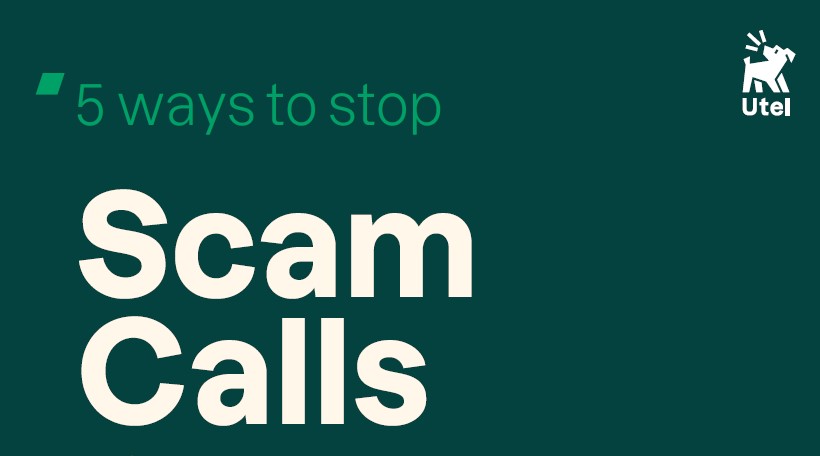
Recently, a woman posing as the police scammed an elderly lady in Arendal, Norway, tricking her out of over 70,000 EUR. The bank attempted to warn her during the call, but it was too late. This incident is known as a “scam call” in the telecom industry, and is on the rise all over the world.
Scam calls refer to fraudulent phone calls made with the intention of deceiving or defrauding individuals. Scammers typically pose as legitimate organizations, such as banks, government agencies, or well-known companies, in order to gain the trust of the recipient. They employ various tactics to trick people into providing personal information, financial details, or access to their devices.
📈Reports show a staggering 31.3 billion spam calls worldwide from January to October 2022.(source; Truecaller)
Common types of scam calls include:
📵Phishing Calls: Scammers pretend to be from a trustworthy entity and attempt to obtain sensitive information, such as passwords, social security numbers, or credit card details.
📵Tech Support Scams: Scammers pose as technical support representatives and claim that the recipient’s computer or device is infected with a virus or experiencing a problem. They then request remote access to the device or payment for bogus services.
📵IRS Scams: Scammers impersonate representatives from the Internal Revenue Service (IRS) and threaten individuals with legal action or arrest if they do not make immediate payments for alleged outstanding taxes.
📵Lottery or Prize Scams: Scammers inform individuals that they have won a lottery or prize but must pay a fee or provide personal information to claim their winnings.
📵Investment Scams: Scammers offer fraudulent investment opportunities with promises of high returns. They pressure individuals to invest quickly without providing sufficient information or documentation.
To protect yourself from scam calls, it is advisable to do the following:
✅Choose an operator that takes telecom fraud seriously and has put in place the right tools to fight back against these scammers.
✅Be cautious with personal information: Avoid sharing sensitive information, such as social security numbers, credit card details, or passwords, over the phone unless you are certain of the caller’s identity.
✅Verify the caller’s identity: If you receive a call from an unfamiliar organization or an individual claiming to be from a known company, ask for verification. Look up the official contact details of the organization and contact them independently to confirm the legitimacy of the call.
✅Register on the Do Not Call List: Add your phone number to the national Do Not Call Registry, which can reduce the number of unsolicited calls you receive.
